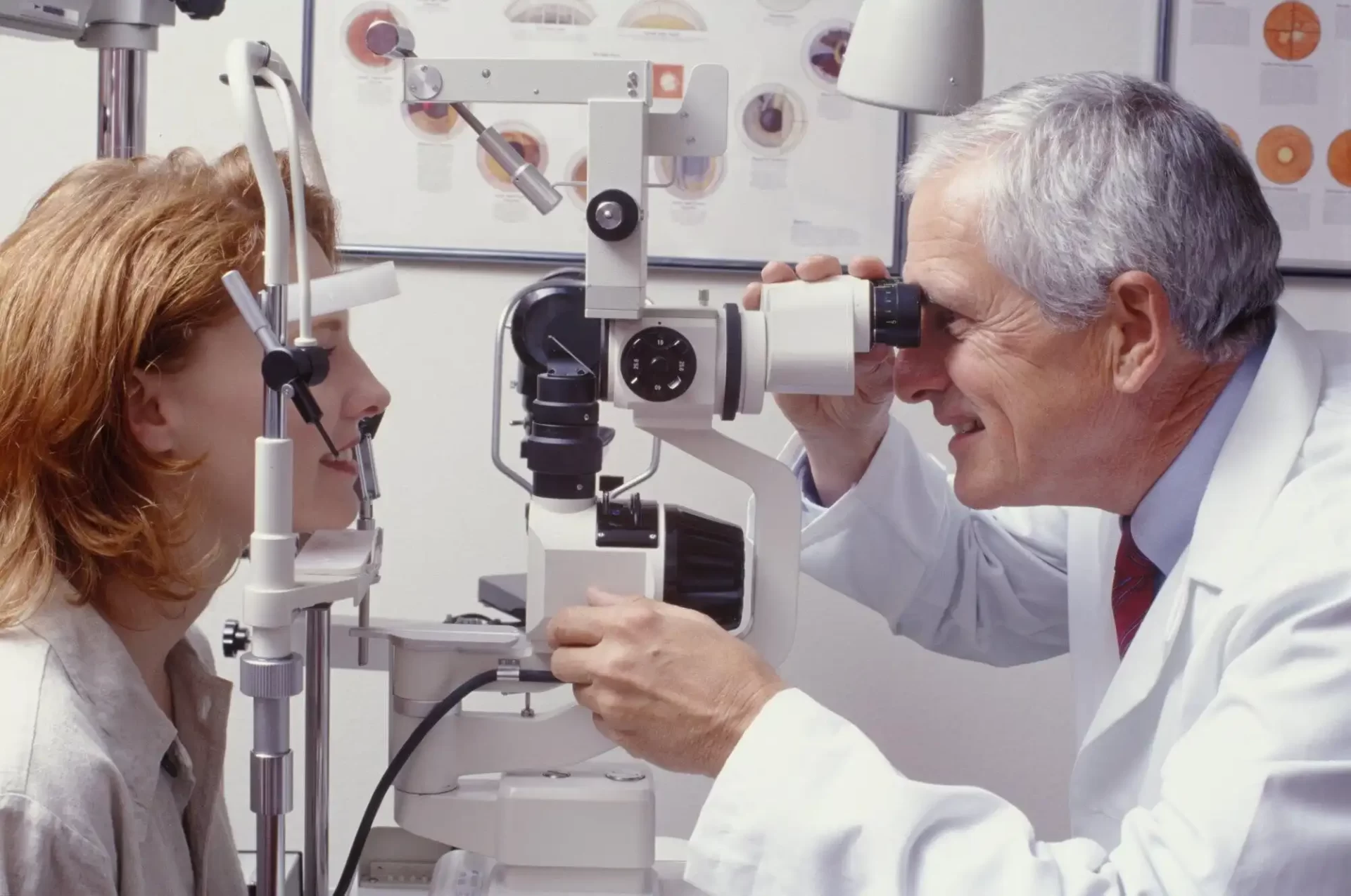To become a successful optometrist, understanding many different science areas is important. Each area helps future optometrists learn the skills they need to take care of people’s eyes. From understanding how light works to knowing about the latest technologies in eye care, every science area plays a role in making sure patients get the best treatment possible.
This guide will take you through the essential science areas you need to know to excel in the field of optometry.
Anatomy
Anatomy is the study of the human body and its parts. It helps aspiring optometrists understand how eyes work and how they connect to the rest of the body. By learning about the different parts of the eye, like the cornea, lens, and retina, future optometrists can better understand how to treat eye problems.
Knowing anatomy also helps in finding out why certain eye issues happen and in choosing the best way to help patients see better. For aspiring optometrists, having a good grasp of anatomy is a key step in their training.
Physiology
Physiology is the study of how the parts of the body work. For optometrists, it means learning how the eye works to see things. Understanding physiology helps future optometrists know how the eye moves, how it focuses on objects, and how it responds to light.
They learn how different parts of the eye work together to create vision. By understanding these processes, optometrists can help patients with vision problems and eye health. Good knowledge of physiology, along with general chemistry, is important for anyone who wants to help people see better.
Pharmacology
Pharmacology is the study of medicines and how they affect the body. For optometrists, it’s important to know which medicines can help treat eye problems. By learning about different eye drops and treatments, optometrists can make better choices for their patients’ care.
Understanding pharmacology also means knowing how these medicines work and what side effects they might have. It’s a key area of knowledge for anyone going through OAT Courses and aiming to become an effective optometrist.
Microbiology and Immunology
Microbiology and Immunology are the studies of tiny organisms, like bacteria and viruses, and how our body’s defense system fights them. For optometrists, this knowledge helps in understanding how infections in the eye happen and how to treat them.
Knowing about these tiny organisms helps optometrists spot early signs of eye infections and offer the right treatments to stop them from getting worse. By learning how our body’s defense system works, optometrists can better protect their patients’ eye health.
Genetics and Genomics
Genetics and Genomics are the studies of genes and how they affect our bodies. For optometrists, this means learning about how our family history can influence our eye health. By understanding genes, optometrists can find out if someone might have a higher chance of getting certain eye problems.
This helps them give better advice and care to their patients. Knowing about genetics and genomics makes it possible to look out for early signs of eye issues and take steps to keep eyes healthy.
Biochemistry and Molecular Biology
Biochemistry and Molecular Biology are the studies of the chemicals and tiny parts that make up living things. For optometrists, this means learning about the molecules in our eyes and how they help us see. By understanding these tiny parts, optometrists can learn how different changes in these molecules can lead to eye problems.
This helps them figure out better ways to treat their patients and keep their eyes healthy. Knowing about biochemistry and molecular biology is a key part of becoming a good optometrist.
Neuroscience
Neuroscience is the study of the brain and nerves. For optometrists, it means learning how the brain and eyes work together to help us see. Understanding neuroscience helps optometrists know how our eyes send messages to the brain and how the brain understands these messages.
This is important for finding out why some people have trouble seeing and how to fix it. By knowing how the brain and nerves work, optometrists can help their patients see better and keep their eyes healthy.
Ophthalmic Optics
Ophthalmic Optics is the study of how lenses and glasses help people see better. It means learning about different kinds of lenses and how they change the way light enters the eye.
Optometrists need to know about ophthalmic optics to help choose the right glasses or contact lenses for people. By understanding this, they can help patients see things clearly, whether they are near or far. This knowledge is a big part of making sure people get the best eye care possible.
Pathology
Pathology is the study of diseases and what causes them. For optometrists, it means learning about the different problems that can happen to the eyes. By knowing about diseases like cataracts and glaucoma, optometrists can find out what is wrong with a patient’s eyes and figure out how to help them.
Understanding pathology helps optometrists decide the best way to treat eye problems and keep patients’ eyes healthy. This knowledge is important for giving the best care.
Epidemiology and Public Health
Epidemiology is the study of how diseases spread and affect lots of people. For optometrists, it means learning how eye problems show up in different groups of people. Public Health is about keeping everyone healthy. By knowing about these subjects, optometrists can help prevent eye diseases in their communities.
They can teach people how to take care of their eyes and spot problems early. This way, they can make sure more people have healthy eyes and good vision.
Learn More About Science Area
Understanding these science area is very important for anyone who wants to become a great optometrist. Each area helps in learning different skills needed to take care of people’s eyes.
From knowing how the eye works to learning about diseases and treatments, all these subjects play a big role. By studying these sciences, future optometrists can give the best care to their patients, helping them keep their eyes healthy and see clearly.




